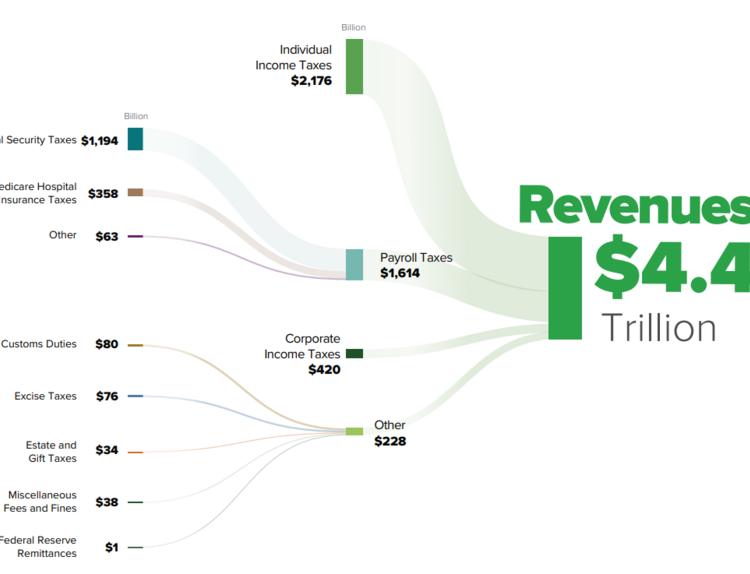Are you missing out on free money for your retirement?
- Many married couples are not taking full advantage of the 401(k) matching contributions offered by their employers
- Roughly one in four married couples are making this mistake
- Couples who mismanage their 401(k) plans are missing out on an average of $682 per year
- Couples can reallocate their 401(k) savings to maximize employer matches without needing to save more
- Some employers offer more generous matches than others, and couples should take advantage of this
- Couples who communicate and coordinate their matches tend to make better choices
- It’s important for couples to discuss and coordinate their finances to avoid other financial mistakes
Many married couples are not taking full advantage of the 401(k) matching contributions offered by their employers. Roughly one in four married couples are making this mistake, costing them an average of $682 per year. Couples can easily reallocate their 401(k) savings to maximize employer matches without needing to save more. Some employers offer more generous matches than others, and couples should take advantage of this. Couples who communicate and coordinate their matches tend to make better choices. It’s important for couples to discuss and coordinate their finances to avoid other financial mistakes.
Factuality Level: 8
Factuality Justification: The article provides information based on a study conducted by economists, which adds credibility to the claims made. The information is specific and supported by data, such as the average cost of not taking full advantage of 401(k) matching contributions. The article also provides examples of companies with different matching policies to illustrate the potential impact on savings. Overall, the article presents factual information that is relevant to married couples and their retirement savings.
Noise Level: 7
Noise Justification: The article provides useful information about couples mismanaging their 401(k) plans and not taking full advantage of employer matching contributions. It offers insights on how couples can reallocate their savings to maximize their employer match. However, the article contains some repetitive information and lacks in-depth analysis or scientific rigor. It also diverges into unrelated topics such as couples’ financial coordination and 401(k) contribution rules for 2024.
Financial Relevance: Yes
Financial Markets Impacted: No
Presence Of Extreme Event: No
Nature Of Extreme Event: No
Impact Rating Of The Extreme Event: No
Rating Justification: The article discusses the financial implications of couples mismanaging their 401(k) plans and not taking full advantage of employer matching contributions. It highlights the potential loss of savings and the impact on retirement security. However, there is no mention of any extreme events or their impact.
Public Companies: Dollar General (null), Visa (null)
Key People: Cormac O’Dea (Yale University Department of Economics Faculty Research Fellow), Craig Copeland (Director of Wealth Benefits Research at the Employee Benefit Research Institute (EBRI)), Taha Choukhmane (MIT Faculty Research Fellow), Richard Eisenberg (Former Senior Web Editor of the Money & Security and Work & Purpose channels of Next Avenue and Former Managing Editor for the site)
 www.marketwatch.com
www.marketwatch.com 





